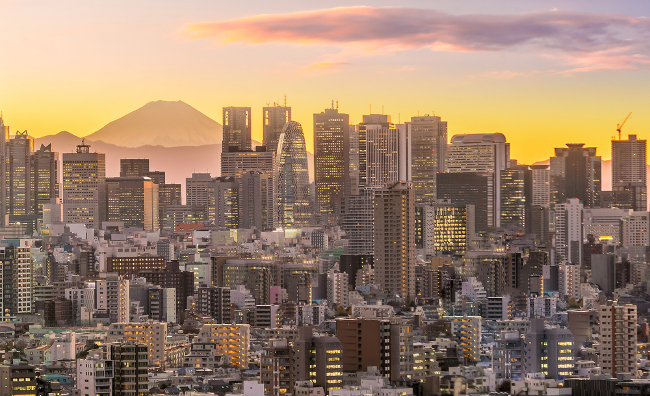
What is the most xenophobic nation in the world? Contrary to what you might think, the answer is likely Japan. It’s an increasingly nationalist society with a foreign resident rate of less than two percent, far below almost every other nation in the Developed World. Japan’s resistance to immigration is literally killing the country, and sooner or later, that will become an economic problem for the US.
For the first time since 1920, when Japan began taking a census, the country’s population dropped, by 1 million people over the last five years. Unsurprisingly, losing people, and the jobs they work and taxes they pay, is damaging Japan’s economy. While there’s been some good economic news, it’s mostly due to exports: Consumer spending has dropped ten months in a row.
Japan’s demographic picture isn’t improving. There’s simply no reason for Japanese women to give birth: Cultural expectations simply make it impossible to have a career and family at the same time and many women are choosing the former over the latter. As a result, deaths are higher than births and the country has consistently lost around a quarter of million people from its population since 2010. By 2060, it’s expected that 40% of Japan’s population will be over 65.
Most nations, particularly the US, solve this problem by opening their borders, but Japan can be a nightmare for immigrants. A false rumor that legal Korean immigrants were up for deportation led to an embarrassing surge of calls to Japanese immigration authorities. Despite rallies calling for it to be tabled, Japan’s first hate speech law finally was passed… in 2016. Despite that, Japan still insists native people like the Ainu are ethnically Japanese, despite protests to the contrary.
So, why should the US care? Well, just to start with, currently Japan is our largest debtholder, recently surpassing China. For another, we import $120 billion worth of goods from Japan every year, especially big-ticket items like cars and consumer electronics. Japan is one of the US’ most crucial trade partners; its decline will inevitably put a drag on the US economy, and force US companies to find new, perhaps less ideal countries to trade with.
Secondly, it’s a matter of security; Japan is our closest ally in what’s increasingly a hotly disputed area of the world, and is uncomfortably close to ambitious states such as North Koreaa. Unless Japan’s population stabilizes, the US might find itself forced to the unprecedented step of occupying an allied country, with their own consent.
Can Japan solve these problems themselves? It seems unlikely. The country has been well aware of its own demographic crisis for years now, and yet seems powerless to stop the problem. The country’s interest in robots has been widely criticized as racially motivated: Japan would rather have a nation of machines than allow foreign nurses to emigrate to the country, even on a temporary basis. Short of enormous, and likely tumultuous, social change, Japan is likely to become a hollow vessel America is forced to fill.
